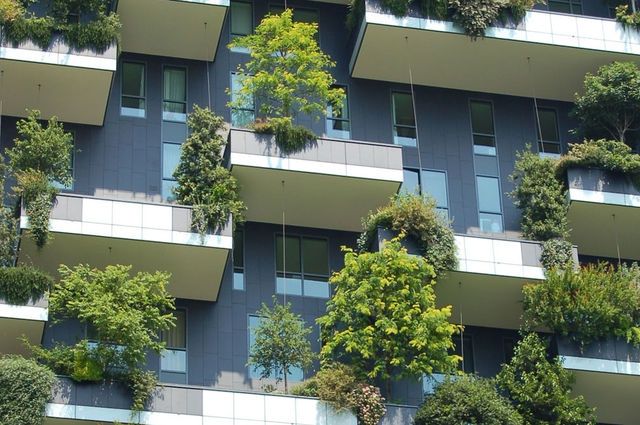Climate Emergency And The Hospitality Industry: Are We On Track?
14 experts shared their view
The hotel industry must reduce its greenhouse gas (GHG) emissions per room per year by 66% by 2030, and 90% by 2050 (see ITP, 2017). However, looking at 10 of the largest hotel companies, only one sets a goal that is in line with the science-based targets. Decarbonization has long become an integral part of risk assessment in other industries. Considering the current growth in hotel supply, the industry has already committed future carbon dioxide emissions via (often) poorly designed and air-conditioning hungry new properties. What drives the lack of commitment in the hospitality industry? What keeps developers and investors away from building a carbon-neutral future? What are the main obstacles ahead? What can the industry do better and how?
The challenge of reducing carbon emissions isn't a question of lack of commitment – we see many measurable examples from our members on how they are decreasing their carbon impact – but rather a result of the complexities of the industry business model. The people who build and own the hotels are not usually the people who manage or run the hotels. Consequently, the operators are not necessarily able to influence many of the carbon efficiency decisions of the buildings in which they are operating. In the case of the larger operators, they will manage thousands of properties globally, yet they need to deal with owners at a property-by-property level due to the fact that the bulk of owners may own only one or two properties.
The industry requires better co-ordination on sustainable building design starting from new constructions and building refits. Ethical considerations aside, the key is to understand the different motivations and ensure that the financial benefits for sustainability are compelling for every stakeholder. For example, asset owners will be interested in how the building will increase in value, and how much rent they can charge. Brands will want to support the increasing sustainability preferences of their public and corporate customers, and the operators will be influenced by efficiencies they can make to their running costs. Improving sustainability will deliver on all these requirements, but it's not without an initial investment. If we have a co-ordinated approach – an industry-standard requirement for sustainability – that will ensure such implementations will become automatic and reduce the risk of prioritizing short-term investment over long-term benefits for all involved.
At International Tourism Partnership, our work brings together the hospitality industry to build a more sustainable future for our planet and its people. We commit to working collectively with our members on four key areas – including carbon. Four of our members have set or committed to set a science-based target for carbon emissions, one member is carbon neutral for both direct and indirect emissions, with other members working towards significant carbon mitigation initiatives such as 100% renewable energy use. Our free Hotel Carbon Measurement Initiative tool is currently being used by over 25,000 hotels, demonstrating that there is a willingness in the industry to address carbon emissions. Our current focus is therefore to further engagement with the wider industry value chain including owners, investors, operators and franchisees, to drive sustainable building design from inception to operation.


